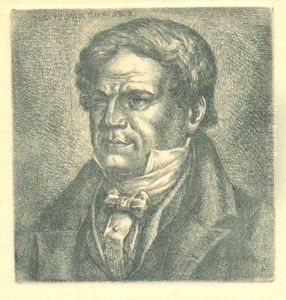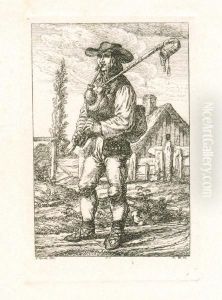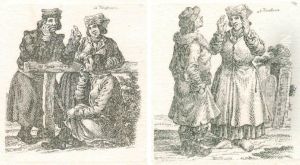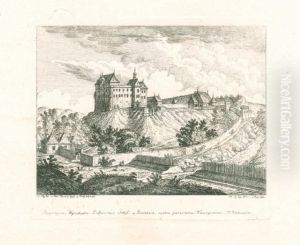Kajetan Wincenty Kielisinski Paintings
Kajetan Wincenty Kiełisiński was a Polish composer, pianist, and music critic born on September 1, 1808, in Warsaw, Poland, which at the time was part of the Duchy of Warsaw. His musical talents became evident at an early age, and he pursued his education in the arts diligently. Kiełisiński's life was set against the backdrop of a Poland that was undergoing significant political and social upheaval. The partitions of Poland had dispersed Polish lands among the Russian Empire, the Kingdom of Prussia, and the Habsburg Empire, which influenced the national consciousness and cultural expressions of the time.
Kiełisiński contributed to the Polish Romantic movement, not only through his compositions but also as a cultural activist and writer. He was known for his piano music, chamber works, and songs that often incorporated Polish national themes and folk melodies, reflecting the desire for national independence and cultural identity among Poles.
Despite his musical talents, Kiełisiński faced financial difficulties throughout his life. He sought to sustain himself through teaching music and writing for musical periodicals. In his writings, he often advocated for the promotion of Polish music and critiqued the dominance of foreign music styles. His efforts in music criticism were part of a broader movement to foster a distinctly Polish cultural scene in the face of foreign rule.
Kiełisiński's career was cut short by his untimely death on November 8, 1845, in Warsaw, at the age of 37. While he did not achieve widespread fame during his lifetime, his work was appreciated by his contemporaries and has since been recognized for its contribution to Polish music and culture. Today, Kiełisiński is remembered as a figure who embodied the spirit of Polish Romanticism, with his music continuing to be performed and celebrated for its national significance.



